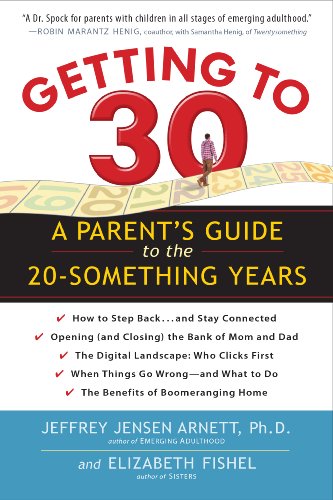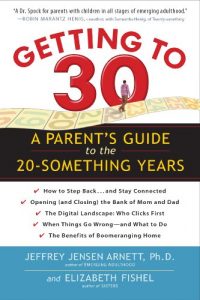Youth, Disclosure, and the Workplace Why, When, What, and How
 Every job seeker with a disability is faced with the same decision: “Should I or shouldn’t I disclose my disability?” This decision may be framed differently depending upon whether you have a visible disability or a non-visible disability. Ultimately, the decision of whether to disclose is entirely up to you. Read more ›
Every job seeker with a disability is faced with the same decision: “Should I or shouldn’t I disclose my disability?” This decision may be framed differently depending upon whether you have a visible disability or a non-visible disability. Ultimately, the decision of whether to disclose is entirely up to you. Read more ›


 Deciding if, when, and how to share disability-related information with a prospective or current employer can be overwhelming. The decision-making process requires answering a number of personal questions that may be different with each employment experience.
Deciding if, when, and how to share disability-related information with a prospective or current employer can be overwhelming. The decision-making process requires answering a number of personal questions that may be different with each employment experience. 
 Serving customers across the United States and around the world for more than 35 years, the
Serving customers across the United States and around the world for more than 35 years, the 
 More and more high school students with disabilities are planning to continue their education in postsecondary schools, including vocational and career schools, two- and four- year colleges, and universities.
More and more high school students with disabilities are planning to continue their education in postsecondary schools, including vocational and career schools, two- and four- year colleges, and universities.
 Support from schools can improve elementary and secondary students’ math, reading, and other language skills. But how can people with learning disabilities prepare for the demands of university or working life?
Support from schools can improve elementary and secondary students’ math, reading, and other language skills. But how can people with learning disabilities prepare for the demands of university or working life? 
 By the time they get through high school, most students are pretty used to transitioning from summer to school time. But starting college brings a whole new set of challenges. First-year college students have to handle additional responsibilities like how much time they’ll spend in class, how to manage the time they devote to their coursework and how to take advantage of campus resources like the library.
By the time they get through high school, most students are pretty used to transitioning from summer to school time. But starting college brings a whole new set of challenges. First-year college students have to handle additional responsibilities like how much time they’ll spend in class, how to manage the time they devote to their coursework and how to take advantage of campus resources like the library. 
 Growing up is a process of moving toward independence, becoming your own person and meeting your own needs. “Launching” refers to the parental role in their child’s transition into adulthood. This process looks different for everyone — a bumpier or more meandering path for some than others. So how can you best prepare your child for a smooth launch?
Growing up is a process of moving toward independence, becoming your own person and meeting your own needs. “Launching” refers to the parental role in their child’s transition into adulthood. This process looks different for everyone — a bumpier or more meandering path for some than others. So how can you best prepare your child for a smooth launch? 
 The school-to-work transition can take longer for young adults with ADHD, who don’t mature at the same pace as their peers. Here’s how parents can nudge without pushing.
The school-to-work transition can take longer for young adults with ADHD, who don’t mature at the same pace as their peers. Here’s how parents can nudge without pushing. 
 The road to adulthood is longer than we think—and, for parents, bumpier.
The road to adulthood is longer than we think—and, for parents, bumpier. 
 There’s no shortage of advice for managing the early years of parenting, but a child’s journey from late adolescence to early adulthood can be just as challenging for parents, maybe even more so. This stage often requires a significant shift in mind-set, as parents move from the front seat to the back seat of their child’s life. Growing research finds that adult children still benefit from parental involvement in these critical years; however, the type of involvement matters and should change from when they were younger.
There’s no shortage of advice for managing the early years of parenting, but a child’s journey from late adolescence to early adulthood can be just as challenging for parents, maybe even more so. This stage often requires a significant shift in mind-set, as parents move from the front seat to the back seat of their child’s life. Growing research finds that adult children still benefit from parental involvement in these critical years; however, the type of involvement matters and should change from when they were younger. 

